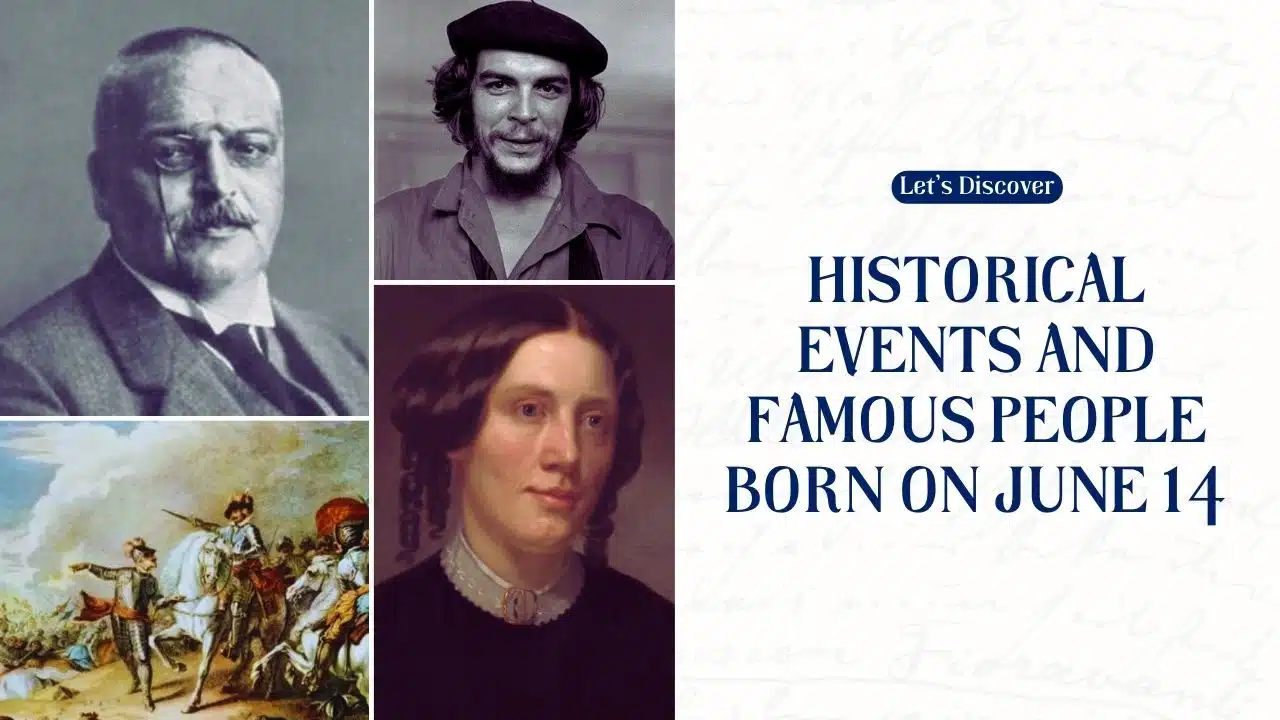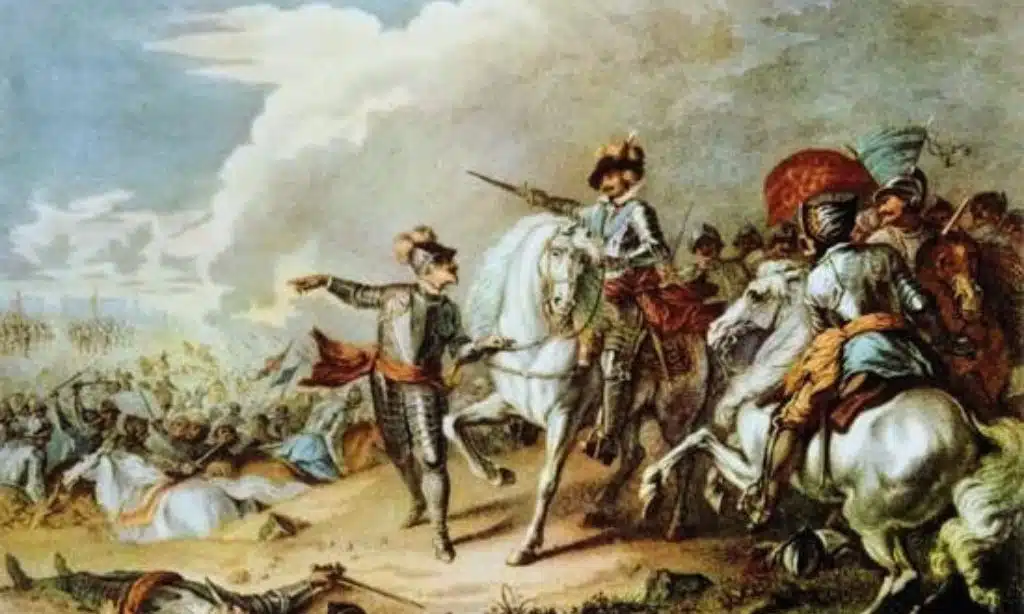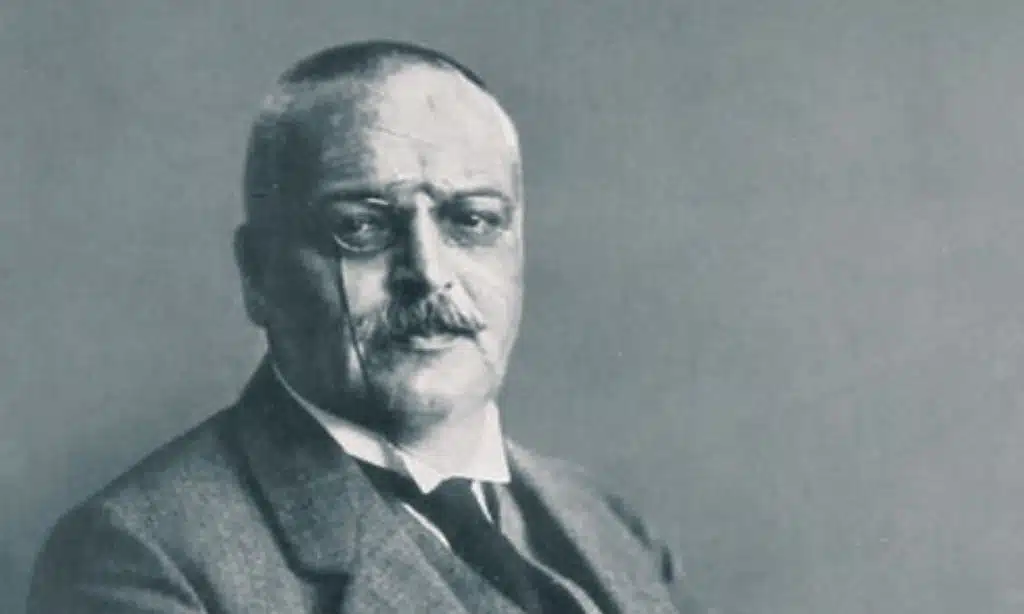June 14 is a special day in history. Many important events happened on this day that changed the world. Some famous people were also born on June 14 who made a big difference in their fields. Let’s explore the historical events and birthdays that make June 14 so significant.
Historical Events on June 14
Peasants’ Revolt (1381)
In 1381, England was facing a revolt by peasants who were unhappy with high taxes and unfair treatment. On June 14, King Richard II met with the rebel leaders on Blackheath. The peasants also stormed the Tower of London and entered without any resistance. This revolt was a major event in English history.
Battle of Naseby (1645)
The Battle of Naseby was a turning point in the English Civil War. It took place on June 14, 1645, in Leicestershire. The “New Model Army” led by Oliver Cromwell and Thomas Fairfax defeated the royalist forces of King Charles I. This battle weakened the king’s power and led to his eventual defeat and execution.
Williamite War (1690)
On June 14, 1690, King William III of England landed with his army at Carrickfergus in Ireland. This was part of the Williamite War, a conflict between King William and King James II for control of Ireland. King William’s landing was an important event in this war.
Formation of the Continental Army (1775)
The American Revolutionary War began in 1775 when the American colonies fought for independence from Great Britain. On June 14, 1775, the Continental Army was formed to fight in this war. This was the beginning of the United States Army, which played a crucial role in winning American independence.
Adoption of the Stars and Stripes Flag (1777)
On June 14, 1777, the Second Continental Congress adopted the Stars and Stripes as the official flag of the United States. The flag was designed by Francis Hopkinson and replaced the Grand Union flag. This decision made the Stars and Stripes a symbol of American identity and freedom.
Famous Birthdays on June 14
Harriet Beecher Stowe (1811-1896)
- Born: June 14, 1811, in Litchfield, Connecticut
- Occupation: Author
- Famous Work: “Uncle Tom’s Cabin” (1852)
- Impact: Helped to fuel the abolitionist movement against slavery
Harriet Beecher Stowe was an American author best known for her novel “Uncle Tom’s Cabin.” The book highlighted the cruelty of slavery and had a big impact on the abolitionist movement. Stowe’s writing was influenced by her religious beliefs and her experiences living in Cincinnati, Ohio, where she saw the effects of slavery firsthand.
Alois Alzheimer (1864-1915)
- Born: June 14, 1864, in Marktbreit, Bavaria
- Occupation: Psychiatrist and neuropathologist
- Famous Discovery: Alzheimer’s disease
- Impact: Helped to identify and understand a common form of dementia
Alois Alzheimer was a German doctor who specialized in studying the brain. In 1906, he identified a disease that caused memory loss and other problems in older adults. This disease was later named Alzheimer’s disease after him. Alzheimer’s research helped to increase understanding of dementia and its effects on the brain.
Karl Landsteiner (1868-1943)
- Born: June 14, 1868, in Baden bei Wien, Austria-Hungary
- Occupation: Immunologist and pathologist
- Famous Discovery: Different blood groups (A, B, AB, and O)
- Awards: Nobel Prize in Physiology or Medicine (1930)
- Impact: Made blood transfusions safer and more effective
Karl Landsteiner was an Austrian doctor who made important discoveries about blood. In 1901, he found that there were different blood groups (A, B, AB, and O) and that mixing certain types could cause dangerous reactions. This discovery made blood transfusions much safer and helped to save many lives. Landsteiner won the Nobel Prize in 1930 for his work.
James Black (1924-2010)
- Born: June 14, 1924, in Uddingston, Lanarkshire, Scotland
- Occupation: Pharmacologist
- Famous Discoveries: Propranolol (heart medication) and cimetidine (ulcer medication)
- Awards: Nobel Prize in Physiology or Medicine (1988)
- Impact: Developed treatments for common and serious health conditions
James Black was a Scottish doctor who developed important medicines. He created propranolol, a drug used to treat heart problems, and cimetidine, a drug used to treat stomach ulcers. These medications have helped millions of people worldwide. Black won the Nobel Prize in 1988 for his contributions to pharmacology.
Che Guevara (1928-1967)
- Born: June 14, 1928, in Rosario, Argentina
- Occupation: Marxist revolutionary, physician,
- Author: Famous Role Key figure in the Cuban Revolution
- Impact: Became a global icon of rebellion and anti-imperialism
Che Guevara was an Argentine Marxist revolutionary who played a key role in the Cuban Revolution. He helped Fidel Castro overthrow the Cuban government in the 1950s and establish a communist state. Guevara became a symbol of rebellion and anti-imperialism around the world. His life and legacy remain controversial, with some seeing him as a hero and others as a ruthless militant.
Takeaways
June 14 is a date marked by significant historical events and the births of influential figures. From the Peasants’ Revolt in England to the formation of the US Army, these events shaped the course of history. The individuals born on this day, including Harriet Beecher Stowe, Alois Alzheimer, Karl Landsteiner, James Black, and Che Guevara, made lasting contributions in literature, medicine, pharmacology, and political activism. By exploring these events and lives, we gain a deeper understanding of the complex tapestry of human history and achievement.
References:
- “June 14.” History.com, A&E Television Networks, www.history.com/this-day-in-history/june-14.
- “Harriet Beecher Stowe.” Biography.com, A&E Networks Television, 13 June 2019, www.biography.com/writer/harriet-beecher-stowe.
- “Alois Alzheimer.” Encyclopædia Britannica, Encyclopædia Britannica, Inc., www.britannica.com/biography/Alois-Alzheimer.
- “Karl Landsteiner.” Encyclopædia Britannica, Encyclopædia Britannica, Inc., www.britannica.com/biography/Karl-Landsteiner.
- “James W. Black.” Encyclopædia Britannica, Encyclopædia Britannica, Inc., www.britannica.com/biography/James-W-Black.
- “Che Guevara.” History.com, A&E Television Networks, www.history.com/topics/south-america/che-guevara.







































